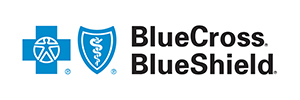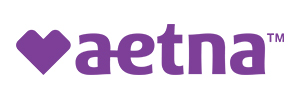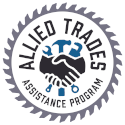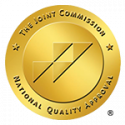There are approximately 21 million people in the United States who have at least one addiction or substance abuse issue. However, only about 10 percent of these people ever actually receive treatment equaling less than 2 million people. The biggest reason for this is because people are not aware of HOW to find an inpatient drug treatment center. If you or anyone you know is in need of drug and alcohol rehab please stop reading this and call Sobriety Solutions right now at 833-880-4357.
When it comes to treating drug and alcohol addiction, one of the most effective options is inpatient drug or alcohol rehab. Read on to learn more about inpatient drug rehab, what it involves, and how you can tell if you or someone you love could benefit from it.

What Is Inpatient Drug Rehab?
Inpatient drug rehab or alcohol rehab requires an individual to stay in a facility full-time for a particular duration. Treatment can often last anywhere from one to six months.
While they’re taking part in an inpatient program, a person has 24-hour access to medical professionals. They also have access to mental health care and a variety of other resources that can help them to overcome their addiction and get their lives back on track.
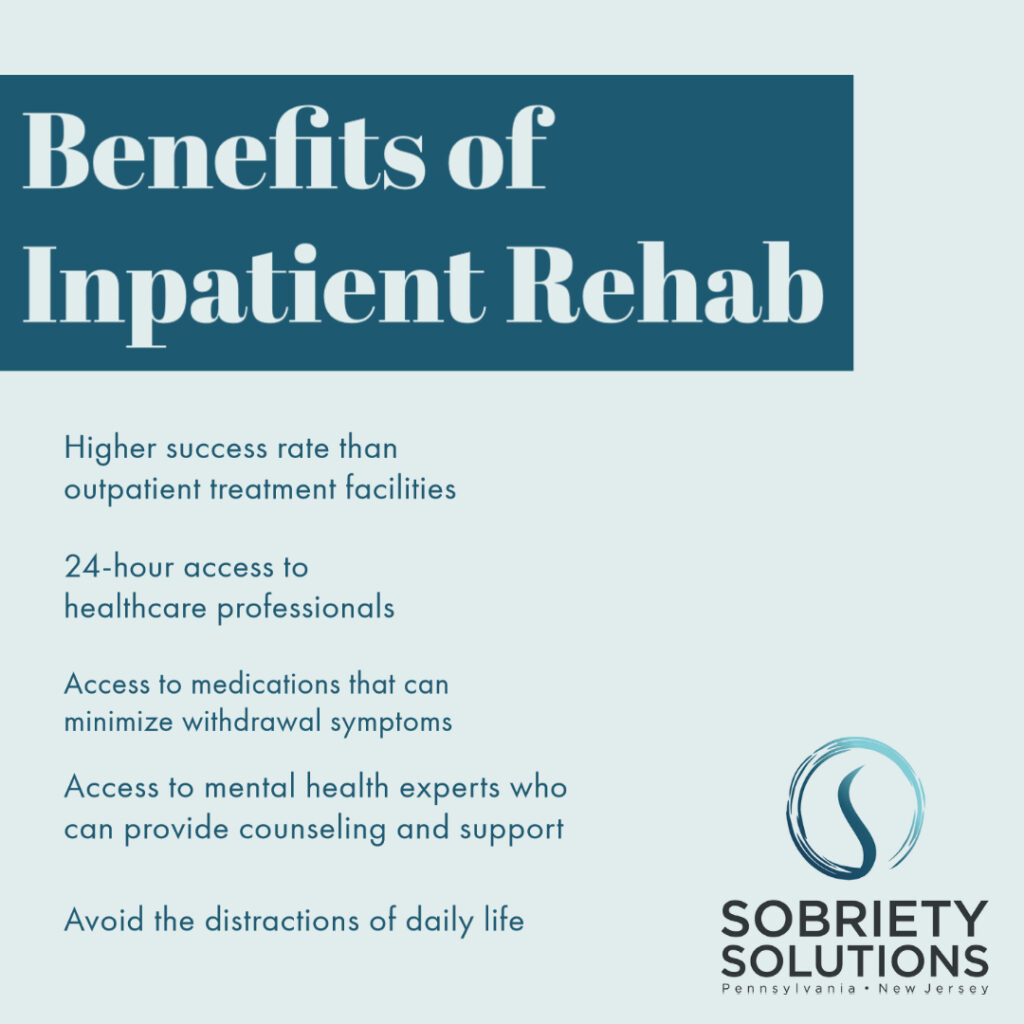
Benefits of Inpatient Drug Rehab
There are lots of advantages that come with staying in an inpatient facility, including the following:
- Higher success rate than outpatient treatment facilities
- 24-hour access to healthcare professionals
- Access to medications that can minimize withdrawal symptoms
- Access to mental health experts who can provide counseling and support
- Avoid the distractions of daily life
This last point is especially noteworthy and likely plays a significant role in the success of inpatient programs.
When a person participates in an inpatient program, they separate themselves from their routine and the people with whom they usually spent a lot of their time. Creating space between themselves and their triggers can make it easier for a patient to focus on their recovery and sobriety without distractions or temptations.
When people stay in an inpatient facility, they also get to surround themselves with other patients who have the same goals as them. This sense of community, in turn, can provide additional support and help them stay motivated and focused on recovering.

Signs Someone Needs Inpatient Drug Treatment
Not everyone needs inpatient drug treatment. Some people can recover and start their sobriety journey in an outpatient treatment facility and do just fine. In other cases, though, inpatient treatment is the most practical approach.
Here are some signs to look out for. They might indicate that you or someone you love is a better fit for inpatient treatment rather than outpatient:
Drug or Alcohol Use Is Your Main Focus
Do you spend all of your time focusing on the next time you’ll be able to consume drugs or alcohol? If you’re concerned about a friend or loved one, do they seem to be doing this? Do they seem to only care about their next fix?
You’re Withdrawing from Friends and Family
Withdrawal is a common sign of a severe addiction or substance abuse issue. If a person separates themselves from friends or family and only wants to consume drugs or alcohol, that’s an indicator that inpatient rehab could be beneficial. This is also the case if they’ve separated themselves from people they once loved to spend time with and are only engaging with others who also use drugs or alcohol.
Physical and/or Mental Health Are Suffering
If a person’s physical and/or mental health and being negatively impacted by drugs or alcohol, that’s a sign that they need help. They might be experiencing physical symptoms like shaking, seizures, or significant weight gain/loss. They might also be experiencing negative mental health symptoms, such as anxiety or depression.
It Takes an Excessive Amount of Drugs to Feel Any Effects
Has your tolerance significantly increased? Does it require an excessive amount of drugs or alcohol for you or a loved one to feel any effects? If this is the case, that could be a sign that you’re becoming dependent on your drug of choice.
You Have a Dual Diagnosis
If a person is dealing with addiction and also has been diagnosed with a mental illness (depression, bipolar disorder, schizophrenia, etc.), they especially ought to consider inpatient treatment. In this type of facility, they’ll have access to round-the-clock support and will be able to enjoy a higher level of care.
You’ve Tried to Quit on Your Own Before
If you or a loved one have tried to quit drinking or using drugs in the past and haven’t been successful, inpatient treatment could be beneficial. If your old methods aren’t effective any longer, you ought to think about trying something new. Separating yourself from the triggers of daily life might be what you need to give up your drug of choice for good.

What to Expect from Inpatient Drug & Alcohol Treatment?
A lot of people are hesitant to start looking into inpatient drug treatment because they’re afraid of what it’ll be like. Knowing what to expect from an inpatient facility might make it easier for you to stomach the idea of checking in for a while to work on getting your addiction under control.
Everyone’s experience in an inpatient treatment center will be different, of course. Outlined below, though, is what a typical day in this kind of facility looks like:
Morning
Mornings often involve a healthy breakfast (most inpatient treatment facilities will place a special emphasis on nutrition during your stay) and, perhaps, time to engage exercise, like yoga or running.
In most cases, after eating, you’ll also start the day by attending some kind of morning meeting or counseling session. This could be group counseling or one-on-one treatment.
Afternoon
In the afternoon, you’ll eat a healthy lunch and likely attend another meeting or therapy session. You might have multiple meetings or sessions that you participate in at this point in the day, or you might have an alternative type of therapy, such as art therapy or equine therapy. If you are allowed to have friends or family members visit, now is typically the time when those visits will take place.
Evening
When evening rolls around, you’ll have a chance to eat a healthy dinner, and you may have one last meeting or counseling session to round out the day. You might have some free time in the evening to engage in an activity that you enjoy, such as reading, playing sports, or simply writing in a journal and reflecting on the day.

How to Choose an Inpatient Treatment Facility
It’s not enough just to Google “Drug Rehab Near Me” or “Alcohol treatment near me” and pick the first facility that shows up on the search engine results page. There are some specific factors you ought to keep in mind if you’re looking for an inpatient facility for yourself or a loved one, including the following:
Research Treatment Specialties
Before selecting a treatment facility, do some research to learn about the program’s specialties. Many programs specialize in working with people who deal with certain types of addictions.
You can also find programs that utilize specific treatment approaches (cognitive behavioral therapy, for example, or group therapy). You might want to look for a program that specializes in helping people with dual diagnoses, too.
Consider Amenities
Since you’re going to be living in this facility full-time for the foreseeable future, it’s a good idea to consider the type of amenities offered there. Do you have access to things like a swimming pool or volleyball court? Will you be able to spend time outdoors or engage in different activities?
Ask About Insurance Coverage
When you’re doing a “drug treatment near me” search, it’s important to take into account whether or not a particular facility accepts your (or your loved one’s) insurance coverage. Most facilities will include a list of accepted insurance companies on their website to make this process easier.
Look into Alternative Payment Options
If you or your loved one doesn’t have insurance, find out if there are alternative payment options available. Can you set up a payment plan, for example, to offset the cost and make it more affordable? Is there any type of financial aid that you can apply for?
Take a Tour
If you only do an “alcohol rehab near me” search, you’ll likely have a hard time figuring out what a facility is genuinely like. Taking a tour, either in-person or virtually, will make it easier for you to determine whether or not a specific location is a good fit. It’ll help you get a clearer idea of what you or your loved one wants in a treatment program, too.
If after all of this you still feel overwhelmed we would love for you to give us a call at 833-880-4357. Sobriety Solutions will help you sort through all of the difficulties and land in the right drug and alcohol treatment center.
Get Help Today
Now that you know more about inpatient drug and alcohol treatment, as well as how you can choose the right treatment facility for you or a loved one, it’s time to start seeking help. Keep the information outlined above in mind, and you’ll have no trouble finding a program that’s a good fit.
Feel free to contact us today to learn more about our treatment program or to begin the enrollment process.





